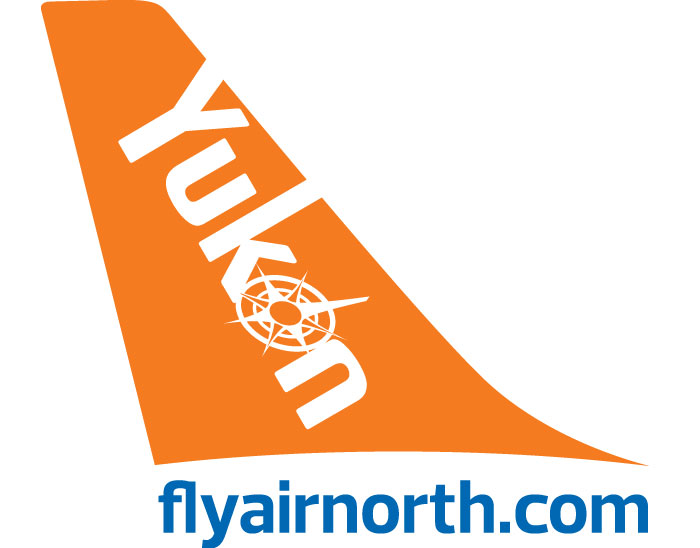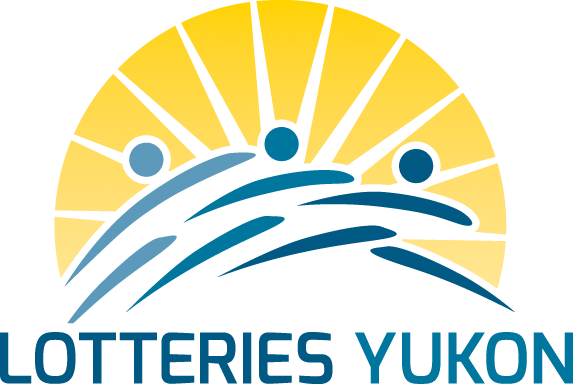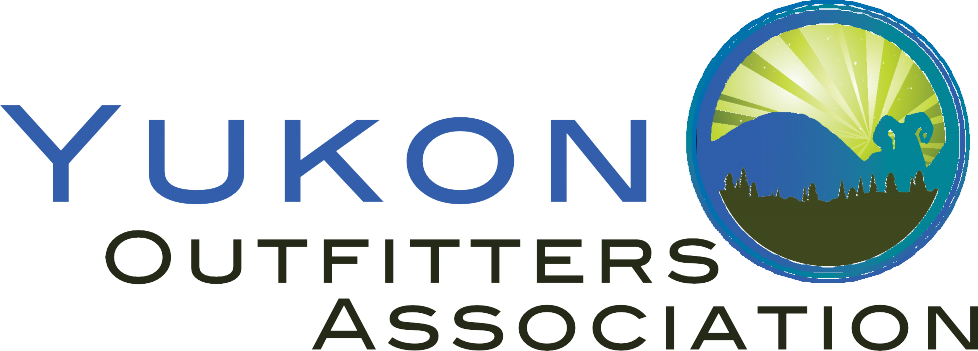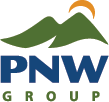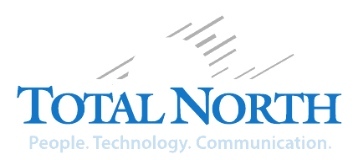Hockey Canada Covid-19 Return To Hockey Info
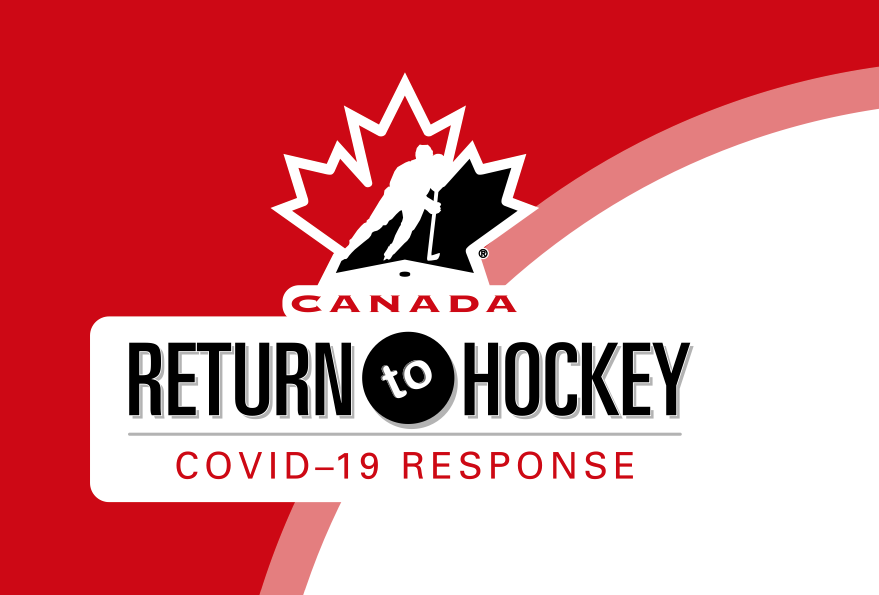
Hockey Canada Covid Response Safety Guideline Manual **ALL MEMBERS PLEASE READ**
Safety and protocols for a Return to Hockey
Clearly-defined guidelines will help ensure the safety and well-being of all participants
Our day-to-day routine has been altered by COVID-19, and hockey has not been immune. Hockey Canada is committed to providing Return to Hockey resources to ensure Canadians in every province and territory are prepared to get back on the ice as quickly and safely as possible.
The Safety Guidelines will take hockey associations and leagues through how to prepare for a return to hockey, hygiene, return-to-play protocols and the use of facilities. With the depth of resources comes responsibility, and it is very important for Members, hockey associations, leagues and teams to appoint someone to oversee health and safety protocols.
Download the Safety Guidelines (PDF)
1: Will municipalities decide independently about the status of their facilities, and will there be a coordinated approach to how they start to phase in access?
Each province/territory is at different stages in their reopening. Facilities will vary in their approach to reopening based on applicable public health authority guidelines in place.
2: What do I do if my child tests positive for COVID-19?
Keep your child home and out of the hockey environment. It is also important to communicate with your physician and public health authority, ensuring you follow the steps identified.
3: What if a parent/family member tests positive for COVID-19? What protocols do we follow?
If a parent or family member tests positive for COVID-19, the player and their family will need to stay out of the hockey environment. They should contact their physician and public health authority for instructions. The player will need a note from their physician or public health authority to return to play.
4: If someone on my child’s team tests positive for COVID-19, will the team be allowed to continue to play hockey?
If someone on your child’s team tests positive, public health authority guidelines will determine contact tracing and isolation requirements. It is possible, therefore, that one diagnosis on a team could lead to that team being required to pause hockey activities until the public health authority determines it is safe to return.
5: What if my child is sick but does not have COVID-19?
The player should follow up with their physician and the public health line. They will require a note from their physician to return to play.
6: What should I do if my child is exhibiting signs of COVID-19 but has not been tested?
The player should remain out of the hockey environment and contact their physician or public health authority for required steps to be taken. The player will require a note from their physician or public health authority to return to play.
7: Should players/parents/coaches wear masks entering the facility and dressing room?
It is recommended anyone entering the facility should wear a cloth mask when physical distancing cannot be followed (it may also be required by the facility). Continue to monitor public health authority guidelines specific to wearing masks.
Wearing a mask alone will not prevent the spread of COVID-19. You must consistently and strictly adhere to good hygiene and public health measures, including frequent hand washing and physical distancing.
For important information on masks, please CLICK HERE.
8: Is it a requirement for all individuals, regardless of their age, to wear a mask in the facility?
It is important to check public health authority information on masks. Currently the Public Health Agency of Canada recommends cloth masks not being placed on children under two years of age, on anyone unable to remove them without assistance or anyone who has trouble breathing.
9: Now that Hockey Canada has lifted its suspension of hockey activities nationally, does that mean hockey can start immediately at the facility in my area?
No. The return to hockey within any geographic region will only occur when it is safe to do so, as determined by the regional governing member of Hockey Canada, in consultation with the appropriate government and public health authorities. The ability of a facility to open for hockey will be determined by the facility owner in consultation with public health authorities.
10: When will games be permitted?
The type of hockey activities that may occur when hockey returns will be determined by the regional governing member of Hockey Canada, in consultation with the appropriate government and public health authorities. In some cases, this may be limited initially to include skill based activities that respect social distancing protocols, while in others, modified or traditional game play may be possible. It is difficult at this stage to predict when games will return with any degree of certainty.
11: Can players and teams store equipment at an arena? Will there be designated dressing rooms for each team?
Decisions will be made by the facility, based on public health authority guidelines.
12: Is it a requirement that all Members adopt the Hockey Canada Safety Guidelines document?
It is important to recognize this is a national document, and many of the health and safety protocols in any particular geographic region will be managed at the provincial/territorial level. The document has been tailored for local use, as it allows for provincial/territorial/municipal guidelines to be implemented.
13: Will any changes be made to organized hockey (4-on-4 / 3-on-3, non-checking, travel restrictions, etc.)?
Each province/territory may have different restrictions and requirements for a return to safe play in that region. Any changes to the game will be determined by those restrictions and requirements.
14: Will there be restrictions on the number of participants on the ice at once?
This will be determined by public health authority guidelines as well as facility guidelines and Member requirements. It will be important for hockey associations to work under these established guidelines.
15: Will in-person clinics be permitted for coaches or officials?
This will be determined by your Member, following public health authority guidelines.
16: How do we make sure our team has the most up-to-date information to return safely to the rink, knowing that public health authorities, our Member and our facility are always adding new information to follow as the pandemic evolves?
It is recommended that hockey associations and leagues assign one person, a communications officer, who will be responsible to ensure all updated and relevant information is passed on to the officials, participants, volunteers and parents within their jurisdiction. Always verify current information on applicable websites and work with your designated communications officer.
17: As a parent, should I expect someone to provide me with information regarding the guidelines I need to meet to return to hockey?
In the process of returning to play, it is highly recommended that a meeting be organized by each hockey association to discuss important areas, including:
- Overview of what to expect.
- Safety steps put in place.
- The role of parents and the hockey association in creating a safe and healthy environment.
18: Are we going to be covered by insurance if a claim is made against our hockey association pertaining to a COVID-19-related illness?
There will be no exclusion in the General Liability policy for damages caused by COVID-19-related illnesses. Liability claims against Hockey Canada always need to be proven by the party making the claim, so continuing to update and enforce your risk-management guidelines as new risks emerge, such as COVID-19, are imperative. Please understand that Hockey Canada and its Members are actively working on updating risk-management protocols related to return-to-play guidelines post-COVID-19.
19: Will coaches be permitted to be within two metres to help and support the player?
It is recommended that public health authority guidelines are adhered to and that instruction be given practicing physical distancing. Review your public health authority recommendations and requirements on the wearing of masks. It is important to note that the safety person or coach may need to be within two metres of a player if the player suffers an injury, but the safety person or coach should wear a mask and, as recommended in the Hockey Canada Safety Program, non-latex gloves if treating a player for an injury.
20: Will teams be permitted to attend tournaments outside our province or territory?
The ability for any team to travel outside its geographic region to play hockey will depend on several factors, including public health authority guidelines, instructions and travel restrictions in your province/territory and the province/territory you will be visiting, and will require the approval of the governing hockey bodies in your region and the region you wish to travel to. Note that provincial/territorial guidelines and travel restrictions may also limit the ability to host local tournaments and your ability to accept tournament entries from teams outside your region.
21: Is a team permitted to travel to games/events by bus?
It is recommended a bus not be used. If you must use a bus, there are steps that should be taken to ensure hygiene is practiced and public health authority guidelines and restrictions are met.
- Ensure physical distancing in the bus so players are not sitting next to each other (physical distancing identifies two meters distance between passengers).
- The bus should be professionally cleaned and disinfected thoroughly prior to each road trip and should be cleaned regularly during the trip. It is recommended to discuss with the bus company what its cleaning procedures are.
- Discuss with the bus company the importance of the driver following all public health authority guidelines.
- Players and staff should wash their hands every time they are about to board the bus.
- Players and staff should clean and disinfect their seat and surface area with provided disinfectant wipes after each stop and prior to each departure.
- Hand sanitizer and disinfectant wipes should be available on the bus as players enter and depart.
- Players and staff should wash their hands every time they disembark the bus.
- Have proper waste disposals on the bus to discard used disinfectant wipes.
22: Are their specific restrictions related to travel across the U.S. border?
Always refer to public health authority guidelines prior to leaving for any U.S. destination and follow them. Check travel advisoriesspecific to traveling to the U.S.
23: Will parents be allowed in the stands to watch games?
This will be determined by public health authority and facility guidelines. Families should be prepared to minimize the number of parents/guardians/spectators that attend in order to limit the number of people in the facility.
24: Should I disinfect my child’s hockey gear after each practice/game?
Some equipment should be washed (e.g. jerseys, pant shells, socks) after each practice/game, following manufacturer guidelines. It is important that players ensure all equipment is kept clean at all times.
25: Should I sanitize water bottles after each practice/game?
Bottles should be labelled and washed after each practice or game.
26: Will players be permitted to shower at the arena after a practice/game?
This will be determined by public health authority and facility guidelines. It is recommended that players shower at home. If showers are used in the facility, physical distancing must be followed.
27: If a participant is currently isolating, can they come to the facility for hockey?
If a participant or person they are residing with is in isolation, neither the participant nor those they are residing with can be in the hockey environment until all public health authority requirements are met.
Public Health Authority Assessment Tools here.
